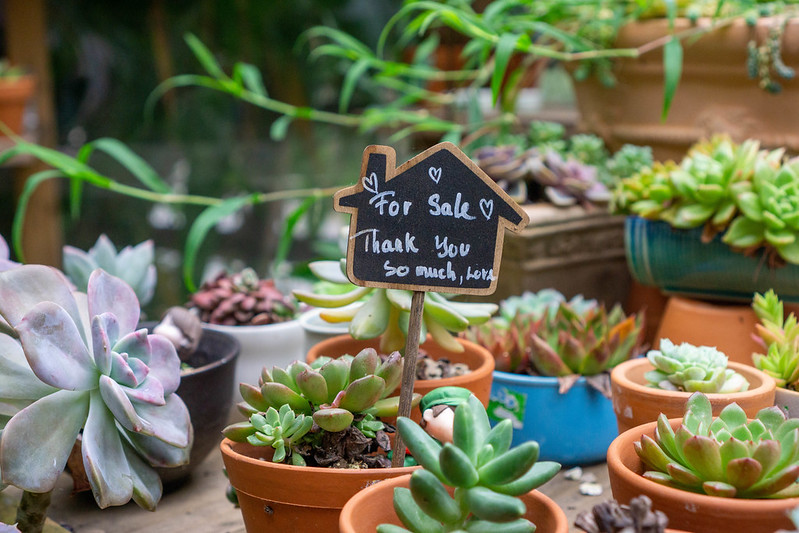We all know how much plants can improve the mood of a room, but it’s not always easy to care for them. When you’re busy at work or home, it can be hard to find time to water them and make sure they are getting enough light. But there are some great ways to take better care of your plants when you don’t have much time.
The following ten tips will help you to keep your green space healthy and your schedule on point.
Tip #10: Put a large pot of soil and plants on your balcony or in the sunroom. This way, your plants will have plenty of sun and air, and you can enjoy their beauty from inside at any time without having to worry about watering or feeding them. This is great for people who work long hours and don’t want to be bothered with their plants during the day.
Tip #9: For plants that need more water, consider buying a self-watering pot to make sure they are getting enough nutrients. These pots typically come with an inner reservoir or base and can be refilled easily without worrying about over-watering the plant. It’s easy for houseplants to dry out fast if they’re not getting enough water, especially under hot weather.
Tip #8: If you’re going on vacation, consider putting your plants inside for the duration of your trip. This will keep them from getting too hot or cold and help reduce the need for watering. Ensure that they have enough light (either natural or artificial light) and that they are close to a window. When you return from vacation, be sure to water your plants first thing before performing any other duties around the house.
In case you are thinking of taking a long vacation, try to place your plants in the most humid room in your house, this will help them when there’s no one around. Also you can ask a neighbor or anyone you trust to go check them out while you are away.
Tip #7: Choose plants that don’t need much attention if you don’t have the time to care for them. For example, a fern can be placed in a sunny window, and it’ll be happy. These plants should be watered twice as often and don’t need to be fertilized, or the leaves turn yellow.
In other words, when choosing the houseplant for your space, think about how much time and care it requires. Also, you can consider plants with low to medium water and light requirements like cacti or succulents.
Tip #6: When it comes to fertilizing, you don’t have to worry that much; this can be done once per month or every two months. The exception here could be plants that are flowering or fruiting. But don’t underestimate this caring task, as fertilizing will help to keep them healthy and robust, which will increase the chance of successful flowering and propagation.
Tip #5: If you have a busy work schedule, consider using taller pots: they will require less water and won’t need to be watered as often. You’ll also want to make sure they are in a location that has plenty of light, as you don’t want them turning yellow. To care for your plants, you’ll want to select pots that are both stylish and effectively hold humidity, these ones will ensure your plants don’t lose water so quickly and too much.
Some plants may need to be repotted after they have grown too big for their current container. It’s best to do this in the spring because it will help them adjust to warmer weather and a new season of growth as well as give your plant room to grow.
Tip #4: Pick the right time of the year to plant your green friends. If you don’t have time but still want to own your natural garden, plant your leafy ones outside during the summer months to get more natural light exposure, essential for their growth and health.
Tip #3: If you’re looking for a new houseplant, make sure that it is suitable to your environment. For example, if you live in an area with high humidity and temperatures above 75 degrees Fahrenheit then consider getting plants that are more used to these conditions such as tropical or subtropical varieties. This will help you avoid the stress and time of caring for plants that are not used to your environment.
Tip #2: If you’re really strapped for time, consider buying a pre-grown plant from a nursery or garden center. These plants are often healthier and will need less time to care for them, as they have been grown in a controlled environment.
Tip #1: If you have children or pets who might play with your plants while you’re not home, consider getting a plant that is hardy and can withstand some rough handling, and doesn’t need much caring. Some examples include snake plants, calathea species, or a monstera.
It’s always a challenge to take care of plants when busy, but some tricks will make it easier. From buying self-watering pots to planting outside during the summer months or getting pre-grown plants from nurseries and garden centers, these ten tips should help you keep your green space healthy while sticking to your schedule.
Do not hesitate and start your garden today.


